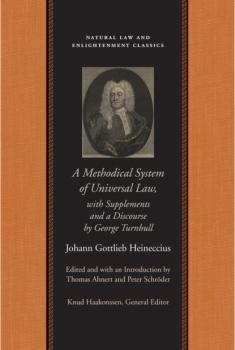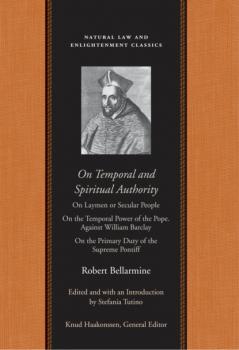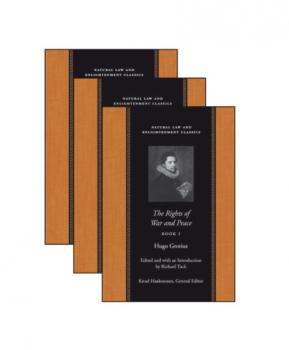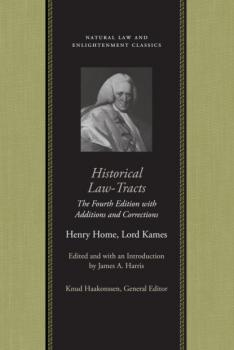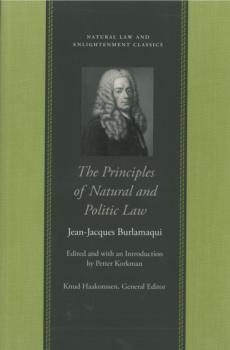ТОП просматриваемых книг сайта:
Философия
Различные книги в жанре Философия, доступные для чтения и скачиванияЗанимательная мифология о познании Мира искусственным метаразумом по Сократу и Иммануилу Канту - Геннадий Степанов
Аннотация
В данной, предлагаемой мной книге излагается суть познания материи в Мире по Сократу и Иммануилу Канту для школьников и детей.Мной утверждается, что пространство, время и движение по Канту является иллюзорным и умозрительным.Мной показана для детей и школьников занимательная мифология и сказка о познании явлений в Мире искусственным метаразумом, по Канту.
Аннотация
Книга в своём изложении мотивирована открытием технологий процесса Мироздание и органической системы человека, чьим технологическим устройством в силу примитивного сознания все пренебрегают, просто не зная об этом, но в угоду учений о происхождении жизни. Тем самым здесь юриспруденция, апеллируя эпитетами права, аргументирует свой взгляд на происходящее, чем привносит человеку его индивидуальное право и открывает возможности развития. Части текста ранее опубликованы в книге «Аскеза в бичёвник».
A Methodical System of Universal Law - Johann Gottlieb Heineccius
Natural Law and Enlightenment ClassicsАннотация
George Turnbull’s eighteenth-century translation of A Methodical System of Universal Law was his major effort to convey continental natural law to Britain, thus making Heineccius’s natural jurisprudence more accessible to English-speaking audiences. Turnbull includes extensive comments on Heineccius’s text and also presents his own philosophical work, A Discourse upon the Nature and Origin of Moral and Civil Laws.Johann Gottlieb Heineccius (1681–1741) studied theology at Leipzig and later law at the newly founded (1694) University of Halle, where he became a pupil of Christian Thomasius.Thomas Ahnert is a Lecturer in History at the University of Edinburgh, Scotland.Peter Schröder is Senior Lecturer in the History Department at University College, London. Please note: This title is available as an ebook for purchase on Amazon, Barnes and Noble, and iTunes.
Аннотация
Robert Bellarmine was one of the most original and influential political theorists of his time. His writings present coherent definitions of the nature and aim of temporal authority and its relationship to spiritual authority.This fresh translation will be interesting to a wide readership of both scholars of political thought and the educated general public.Robert Bellarmine (1542–1621) was a Jesuit cardinal.Stefania Tutino is a Professor of History and Religious Studies, University of California, Santa Barbara. Please note: This title is available as an ebook for purchase on Amazon, Barnes and Noble, and iTunes.
Filosofía primera. Tratado de ucronía post-metafísica - Fabián Ludueña Romandini
Biblioteca de la Filosofía VenideraАннотация
Desde el amanecer de Homo hasta su crepúsculo en el presente y avizorando el lejano futuro, la Historia Universal siempre ha estado y seguirá marcada por los asaltos de los Titanes sobre el mundo. En nuestra época ha tenido lugar, sin embargo, un duelo decisivo que ha entronado la cosmovisión de los Póstumos en la cúspide del Nuevo Orden Mundial. En consecuencia, en este volumen del políptico de La comunidad de los espectros, se aborda el núcleo sobre el que gravita la filosofía primera y, por tanto, la apuesta más decisiva de todo el proyecto: los fundamentos de la Disyuntología según una nueva filosofía, la «teoría de los fractos», de la cual se avanzan aquí los postulados más sobresalientes de su concepción de la post-metafísica del Ser. En el camino, será necesario establecer qué significa el agotamiento definitivo de la noción de vida vivible que hasta ahora conocimos y en qué medida conceptos como la maniera, la in-harmonia mundi, la psique o la erotología pueden abrir senderos inexplorados ante la mutación epocal en curso. El volumen hace confluir, liminarmente, a la literatura con la filosofía. No se trata de una amalgama y, mucho menos, de una forma de interdisciplina. Al contrario, es la respuesta a un diagnóstico sobre el tiempo presente donde la Letra ya no se escribe en los cuerpos con la consistencia del discurso del saber apofántico y nuevos instrumentos son requeridos para la supervivencia del pensamiento. De allí que la post-metafísica deba ser indagada a luz de una minuciosa proto-historia de la Gran Pandemia que ha sellado el destino del orbe terrestre.
Аннотация
Científicas de Acá busca visibilizar a las mujeres que trabajaron y trabajan haciendo ciencia y tecnología en la Argentina. Por eso contamos historias de laboratorio y de territorio, de todas las regiones y épocas. Historias que cambian la historia.
Аннотация
"Nicolás lleva más tiempo muerto que vivo, pero esa proporción se invierte en mis escritos, donde regresa una y otra vez, sin cesar, porque lxs muertxs también se resisten a quedarse quietxs, fijxs, muerto[s] de una vez por todas, como diría Derrida, y cobran vida en los umbrales porosos de nuestras existencias, de nuestras des-memorias y de nuestras palabras". Las notas reunidas en Dar (el) duelo hacen propia la premisa de Derrida para narrar la vida de lxs muertxs, y más puntualmente, la vida de Nicolás, hermano mayor de lx autorx, quien irrumpe en las páginas desde su omnipresente ausencia y su presencia fantasmática, y es el comienzo de una irremediable reflexión acerca de las muertes que hacen a nuestras vidas.
Аннотация
Historical Law-Tracts is one of the earliest contributions to the Scottish Enlightenment project of a historical science of society. Henry Home, Lord Kames (1696–1782), was an influential Scottish juEAe, a prolific man of letters, and one of the leading figures of the Enlightenment in Scotland, and his goal in this work is to show the study of law as a genuinely scientific inquiry and not a mere collection of facts for the lawyer to memorize. He deployed a large range of ancient, medieval, and early-modern sources to trace the development of law and to explain that development in terms of interactions between principles of human nature and political, economic, and social circumstance. He applied this method in substantial and influential treatments of criminal law and the law of property and also to a diverse range of issues, specifically in Scots law. One of Kames’s principal objectives was to expose and discredit the continuing influence of feudal principles in eighteenth-century Scots law and, as such, Historical Law-Tracts can be read as a manifesto for a modern, commercial, Scotland. The work found an international readership as well, especially in America, where it was read as an object lesson in understanding the role of law in a free society.In Historical Law-Tracts, Kames combined the natural law framework that underlies his Essays on the Principles of Morality and Natural Religion with the “conjectural,” or philosophical, approach to history that would receive its fullest treatment in his Sketches of the History of Man to offer a history of law as a history of the progress of mankind from savage to civil society.The Liberty Fund edition supplements Kames’s original text with a new introduction providing historical context and biographical information, expansion of Kames’s footnotes to explain the often rather obscure system of reference used in the book, translation of the Latin passages, and explanatory annotations relating to important changes that Kames made to the text, including variant readings from earlier editions.James A. Harris is Professor of the History of Philosophy at the University of St. Andrews, Scotland. He is the author of Hume: An Intellectual Biography and Of Liberty and Necessity: The Free Will Debate in Eighteenth-Century British Philosophy. He is the editor of the Liberty Fund edition of Kames’s Sketches of the History of Man.
The Principles of Natural and Politic Law - Jean-Jacques Burlamaqui
Natural Law and Enlightenment ClassicsАннотация
Born in 1694, Jean-Jacques Burlamaqui helped transform the modern tradition of natural law and convey it to new generations.Jean-Jacques Burlamaqui (1694–1748) was a Swiss jurist.Petter Korkman is a Fellow at the Helsinki Collegium for Advanced Studies and is a Postdoctoral Researcher in Philosophy at the Academy of Finland. Please note: This title is available as an ebook for purchase on Amazon, Barnes and Noble, and iTunes.



